Live Well Winter Wellness Tips
Winter has well and truly set in with a number of people being struck down by colds and cases of flu. If you’d like to maximise your chances of staying healthy this winter, then follow these tips to keep your immune system buoyant.
REST
Winter in nature is a time of rest and inactivity. The days are short and the nights are long, which is a clue to get to bed earlier than normal and get more sleep. If you suffer from insomnia then now is a good time to address it!
MOVE
Don’t take the hibernation theme too literally! It’s still important to get your body moving to boost circulation, move joints, stretch muscles and to clear the mind. Your body doesn’t like being sedentary, so if your job involves you sitting for long periods of the day make extra sure you get moving. Try going for a walk/jog/bike ride at lunchtime and you will also get a vitamin D immune boost from the benign winter sun.
NOURISH
Now is a great time to support your wellbeing with good nutrition. Winter is the perfect time for slow cooked stews and soups. For inspiration, visit your farmers' markets for some locally grown produce including in season truffles! If you’re feeling tired or run down, go easy on the alcohol and the coffee as you’re just adding to your body’s toxic load and adrenal exhaustion.
DE-STRESS
Prolonged stress smashes your immune system. If you’re the one that catches every bug that’s going around, it's likely that your stress levels are too high.
De-stressing means finding ways to switch off your mind from its habitual worries. Creative pursuits are a great way to absorb your mind in the moment and are a good fit for winter. Knit yourself a scarf, bust out the mindfulness colouring book you stashed in the cupboard or pick up a musical instrument.
SUPPORT
Already run down and exhausted? Why not be proactive and get some help? Seek out a trusted health professional and book yourself in for a tune up.
